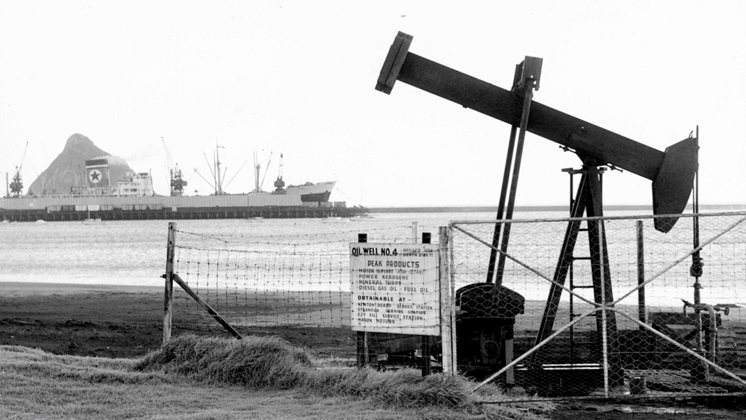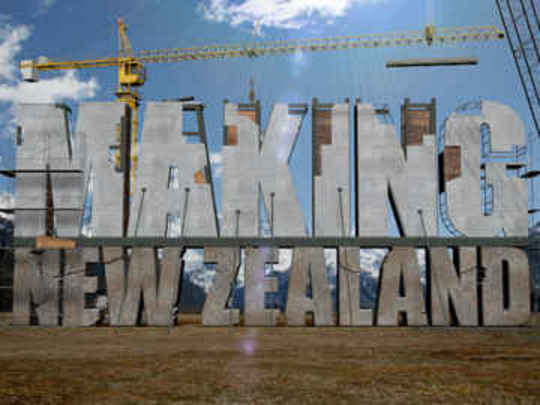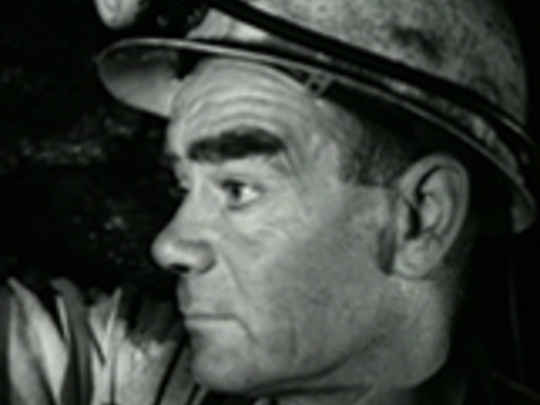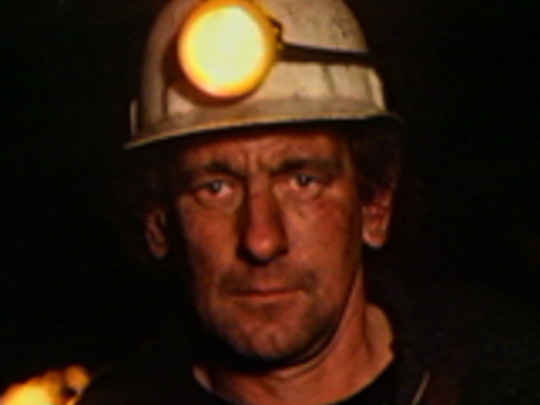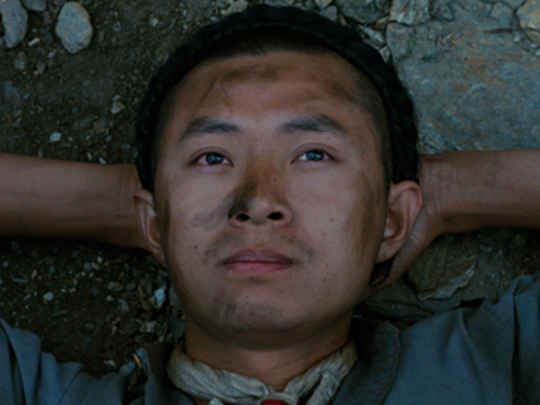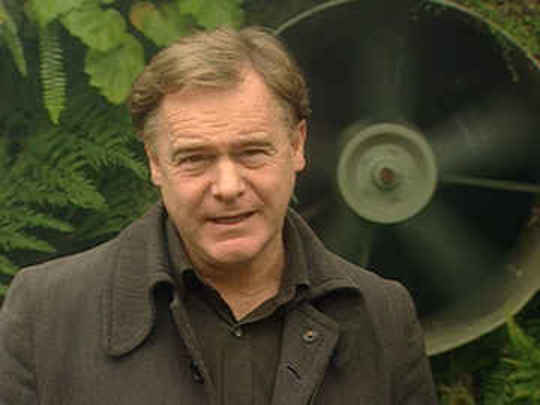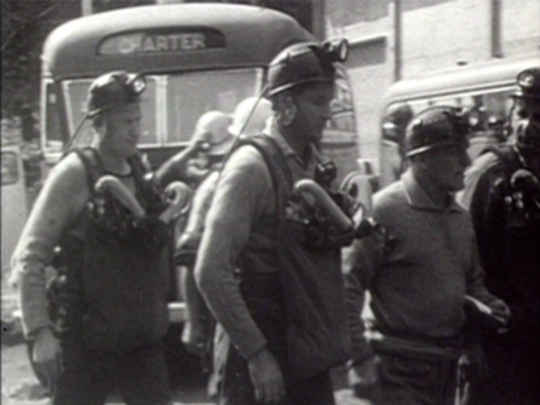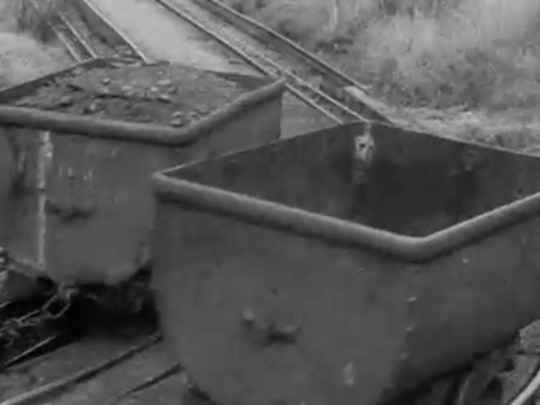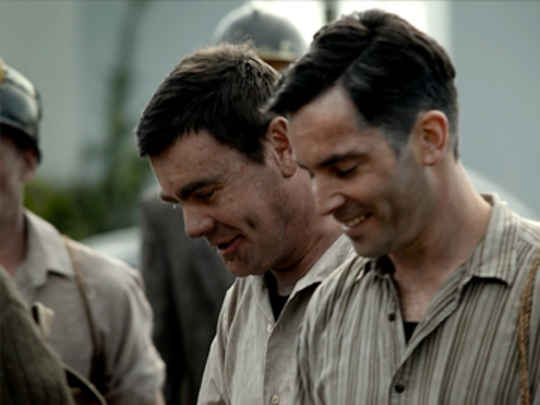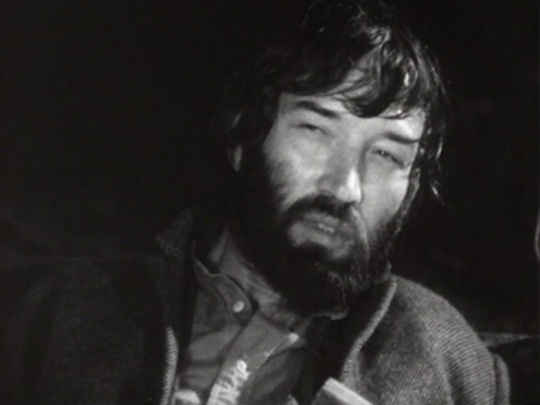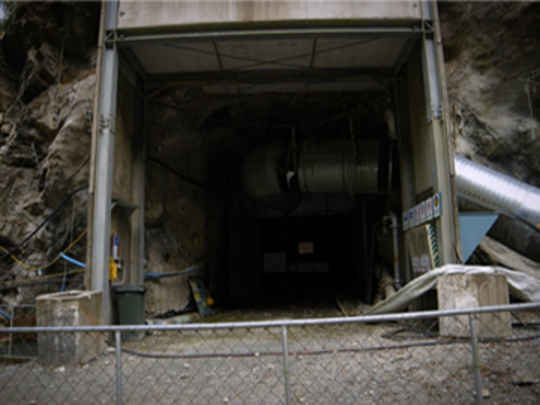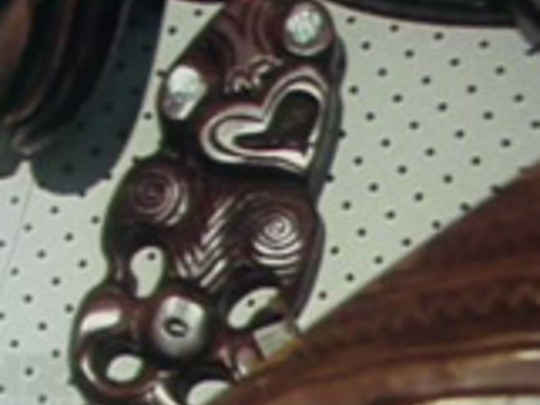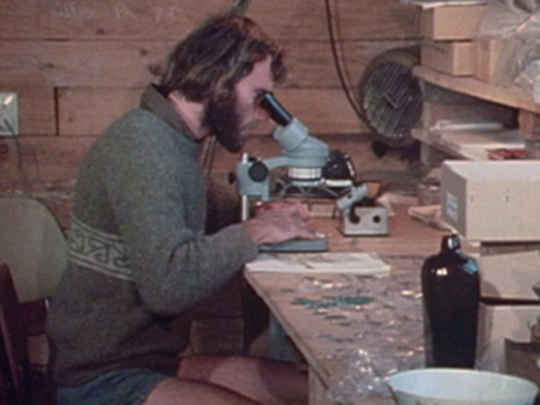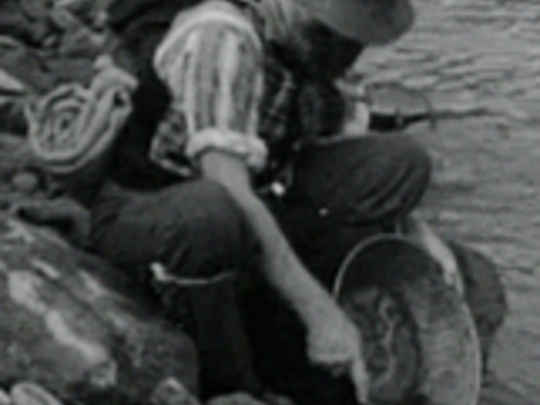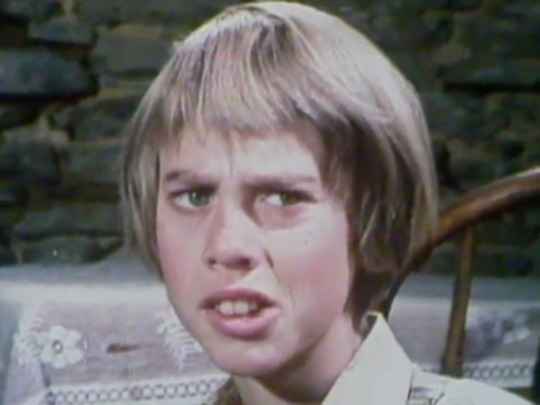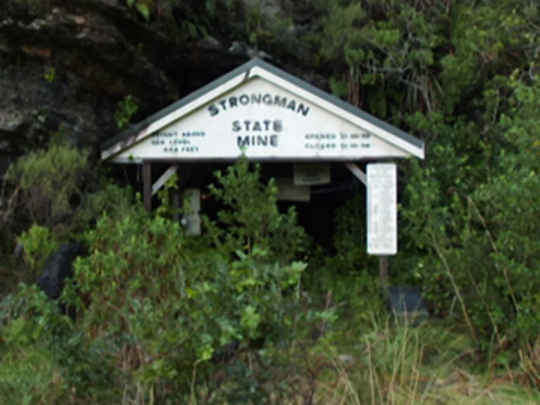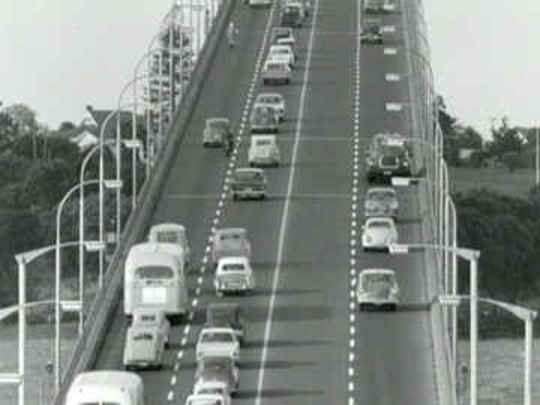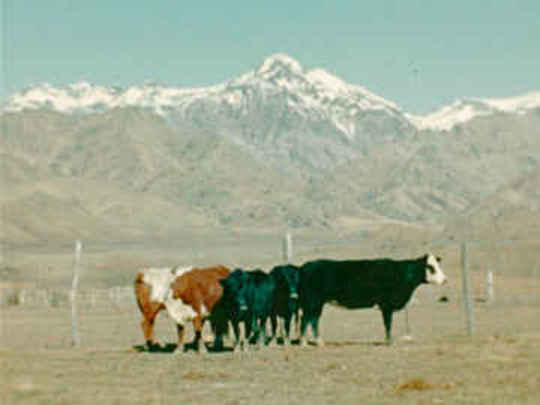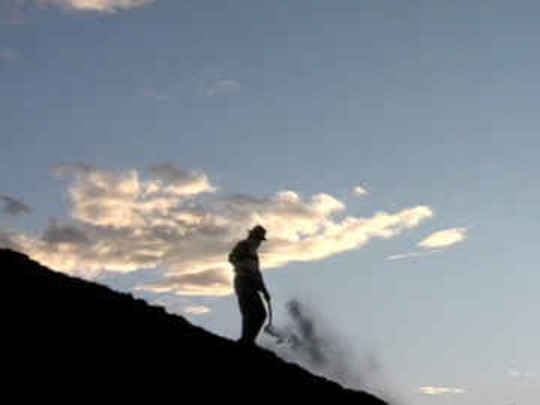...in 1852 Auckland businessmen were concerned about the amount of people leaving New Zealand — and particularly miners — going to the Victorian gold fields. And so they offered 500 pounds reward for anybody that could find payable gold in the near vicinity of Auckland.
– Historian Doreen McLeod, early in this documentary
Just a few months after Gabriel Read's discovery, 14,000 prospectors arrived in the port of Dunedin. The town exploded from a muddy place with a few hundred people, to the most prosperous city in the country. Gold had kickstarted the New Zealand economy.
– Narrator Mark Clare on Australian Gabriel Read's 1861 discovery of gold near Dunedin
Groups could basically muscle in, using their fists, send you out of your claim . . . Rowdyism, fighting, ruffianism was an early aspect of each rush to a new area. They did it hard. It was a very tough place to mine.
– Historian Lloyd Carpenter on New Zealand gold mines in the 1800s
My father was a miner; he came out from England. About 1910 he came to Denniston, and for six months he never seen daylight, because when he got up to go to work it was foggy and dark. He said you could hardly see your hand in front of you sometimes.
– Denniston miner Brian Cockburn
Sixty-five men and boys were killed in what was, and still is, New Zealand's worst industrial accident. But in those days, nothing could dampen the country's demand for coal.
– Narrator Mark Clare on the 1896 Brunner mine disaster
Taranaki is the heart of the New Zealand oil story.
– Narrator Mark Clare
...you had this wonderful natural environment, and they wanted to harness and convert it to their ends. And they believed that the earth would pretty much give endlessly — that you could do anything to it, that you could bend it to the will of humanity. The prospect that the earth might bite back as we're discovering, didn't particularly occur to them.
– Historian Matthew Wright on past attitudes to using New Zealand's natural resources, at the end of this documentary
The Pike River Mine was going to have all the best state of [the] art machinery inside. But unfortunately they found that a lot of the machinery was not suited to the conditions at work in that mine.
– Historian Brian Wood
In the days of pick and shovel, the slow rate of digging allowed the dangerous methane in the tunnels to dissipate. Now continuous mining machines move ten or more metres a day.
– Narrator Mark Clare on the dangers of methane inside mines, late in this documentary
The first oil well in New Zealand — and one of the first in the world — was the Alpha well, dug in 1866 by two gold diggers, a local engineer and the owner of the local pub. It was a pretty low tech operation in those early days, and derrick blowouts and fires were common.
– Narrator Mark Clare on the Alpha well, dug in the Taranaki
